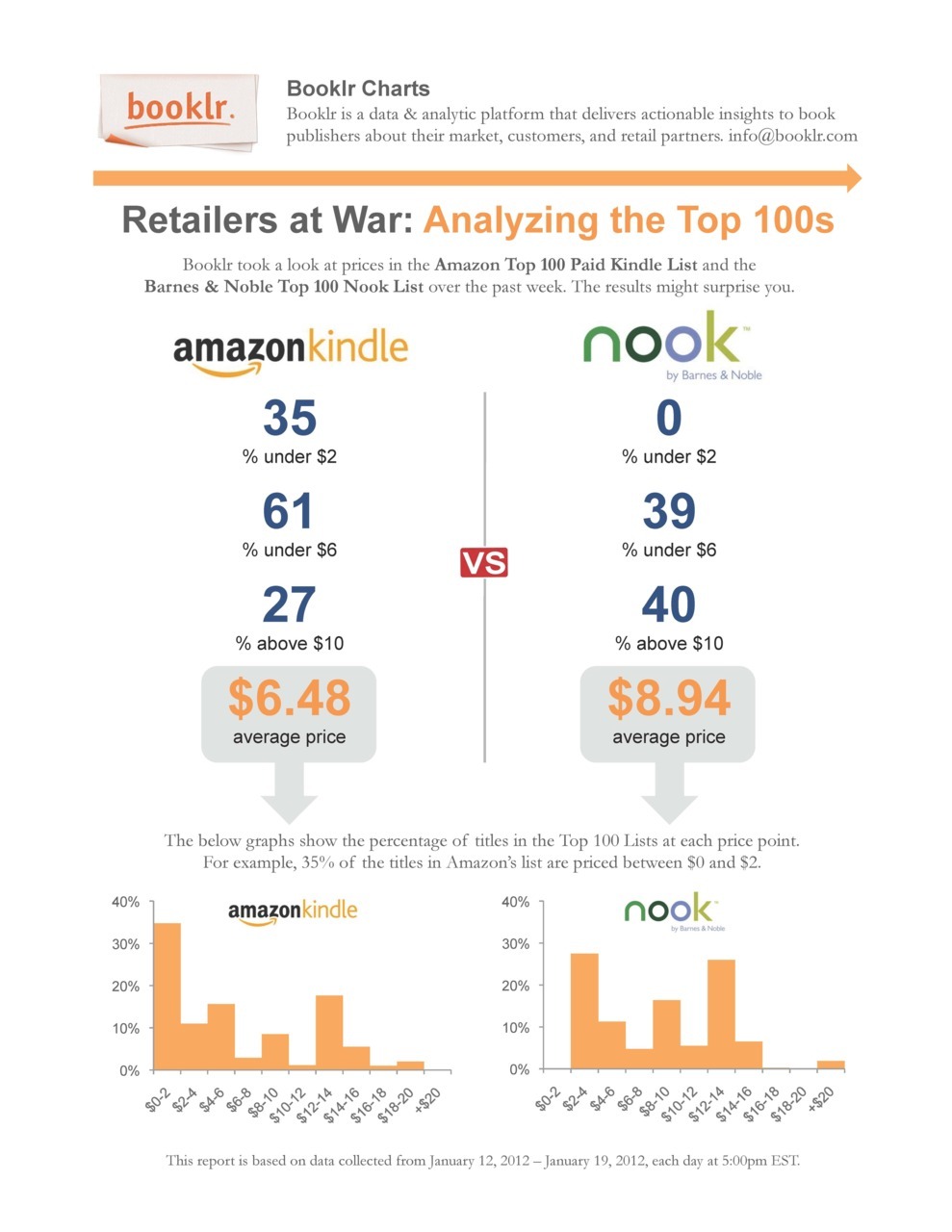Do you think Christian fiction fans would support novels that are “good clean fun” even though they don’t have a clear Christian message?
As most of your know by now, I have been considering the direction of fiction in general and my writing in particular over the last few months. Your responses to the recent survey questions I posed a few days ago have been invaluable in this process. To date, almost 300 of you took the time to answer two important questions with approaching 200 also leaving comments.
Last week I shared some of the comments that accompanied the first question: Do you think readers in general (not just Christian fiction fans) are hungry for novels that are “good clean fun”? You can read those here.
Now here are your comments to second question: Do you think Christian fiction fans would support novels that are “good clean fun” even though they don’t have a clear Christian message?
Absolutely Yes
I do read novels that are just clean fun and excitement but don’t have more than, say, casual references to church and/or prayer.
I’d love to read books like that. Ones that are funny, also!
Yes. _Cold Sassy Tree_ and _Fried Green Tomatoes_ come to mind.
I know I do and a lot of my friends do. I often don’t look for Christian reads. I look for well-written clean reads.
Absolutely! We need to bring biblical morals and truths back into “mainstream” fiction – into all areas in life. This is extremely biblical!!!
Though the clear Christian message isn’t there, I usually find it in the background. Even if not, it great entertainment without getting burnt ears!
Those of us who are Christians like a good “beach/rainy day/fireside” read sometimes. We can Jesus anywhere!
It Depends on the Reader
Some Christian fiction fans need an overt Christian message (I recall a review of a Tim Downs novel that had a great message, but the reviewer trashed it for having no conversion experiences).
I have many, many, many friends who are NOT Christian and are “turned off” by that sort of reading, but if I could hand them a book from you knowing it “about” God just not overly stuffed with that message… they would read it! And I am one step closer to getting them to listen about God.
I actually think some will and some won’t, but that wasn’t a choice.
Yes, but it has to Be Well Written
I certainly hope so. Excellent prose from a Christian worldview is what I prefer to read, but I’ll read excellent writing without the worldview if that’s all I can find.
People like to draw their own conclusion. A perfect example is a recent retreat my wife and I attended where we were presented with great biblical teaching with great object lessons and testimonies. As we wrapped up the week and feedback was given on what we learned one of the respondents stated, well it was the day we had off for Sabbath and my husband and I were watching Dark Night Rises, that one scene in the movie brought all of the teaching we received this week full circle.”
Some Only want a Clear Christian Message
I think some will — but a large part of the Christian audience expects an overt Christian message, especially of salvation.
I prefer entertainment which doesn’t taint or pollute me, and it’s not easy to find. If the gospel fits into the story, great, but if it’s cloyingly inserted, I’d rather read the Real Thing.
My thanks to all of you for taking the time to consider this matter and share your thoughts. One thing is certain, Christian readers are not one homogenous group all wanting the same thing. I guess that fits right in with there being one Head (Christ), and one Body with many parts. If you belong to my newsletter list, the complete report from the survey will be available soon. If you don’t belong to my newsletter list, you can join here.



